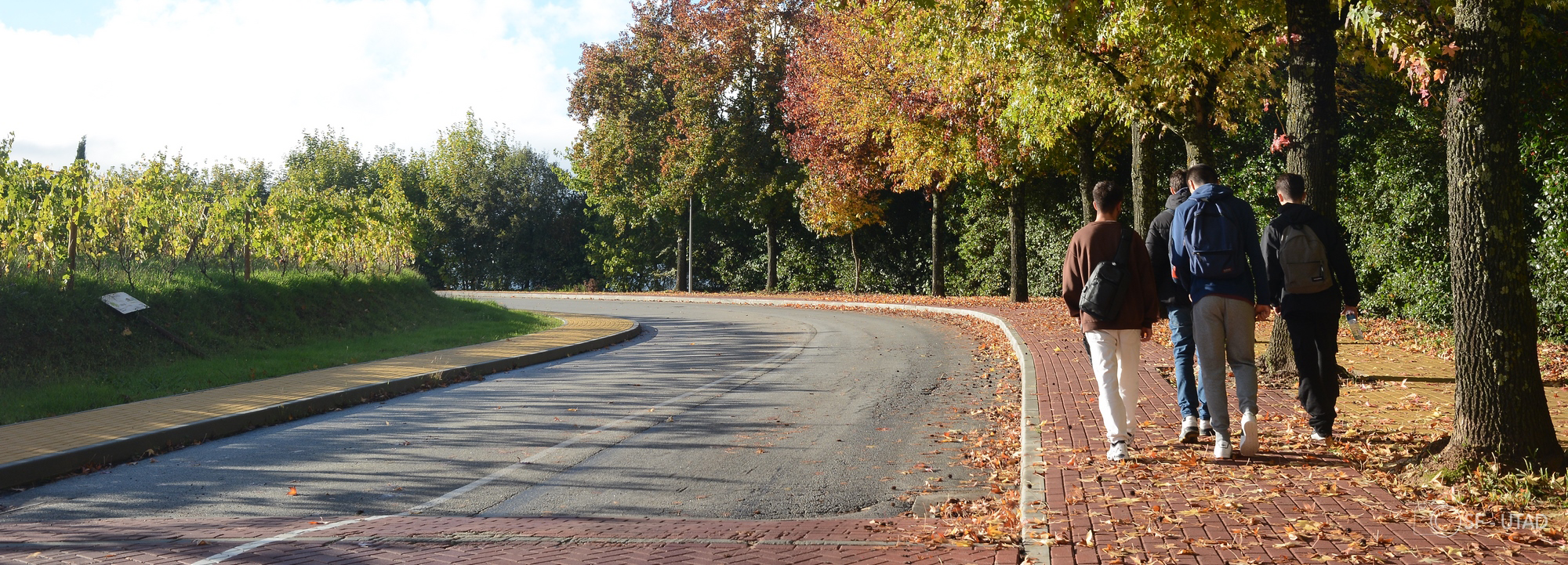Convenors

Pierre Labarthe

Ataharul Chowdhury

Peter Paree
Digitalisation has been a topic for the ESEE conference since 2017 and the 23rd edition organised in Chania (Greece). This question is renewed by the fast uptake of certain technologies (e.g. social media), changes in access to certain technologies (e.g. the Copernicus program in Europe that provides open access to satellite images), the revolution of Artificial Intelligence (AI) and new legislations and changing power balance (e.g. EU Data Act and Data Governance Act). Hence, there is still a need to produce knowledge about how these diverse technologies and associated regulation actually transform the actors, practices and organisations of advice and education. Abstracts are invited to address a range of topics, which include, but are not limited to:
- Artificial Intelligence: are there already examples of extension services designed or maintained thanks to AI? Who are the actors proposing such services? How can advisors interact with these technologies in their everyday work with advisors? What can we anticipate about social shaping of AI and its adoption by agricultural advisory service providers?
- Misinformation and directionality: with AI and social media comes the risk that “fake news” are disseminated in the farming community. How can advisors reinforce themselves and fight against this risk? How can we enhance trust in advice in the digital age? How can advisor deal with negative and/or toxic behaviour online? More globally, with digitalisation emerges the need to revisit the question of education and extension directionality: does digitalisation create new dependencies on agricultural industry or can it also serve alternative models valorising practical knowledge, with new advice and education models and practices?
- Labour and collective organisation: labour organisation becomes more and more complex in the agricultural sector. Can advisors use digital technologies to support, communication and decision making in complex agricultural holdings? Can advisors influence that digitization is enhancing farmers’ and employees’ insights, instead of introducing new dependencies on tech providers.
- Platforms and tools: how do the emergence of platforms that facilitate peer-to-peer exchanges between farmers impact the role of advisors. Can they move from exchange to knowledge co-creation towards knowledge certification? can we showcase examples of education and advisory digital tools that actually support sustainability?
- Data governance: which role of advice and education in supporting the management and governance of data? What are the emerging advisory business models associated with agricultural data? What initiatives can be taken to enable teachers and advisors to support farmers in safe and effective data management?
- Digital divide in rural areas and use of technologies: can we highlight successful individual/community/public initiatives to include remote communities?

